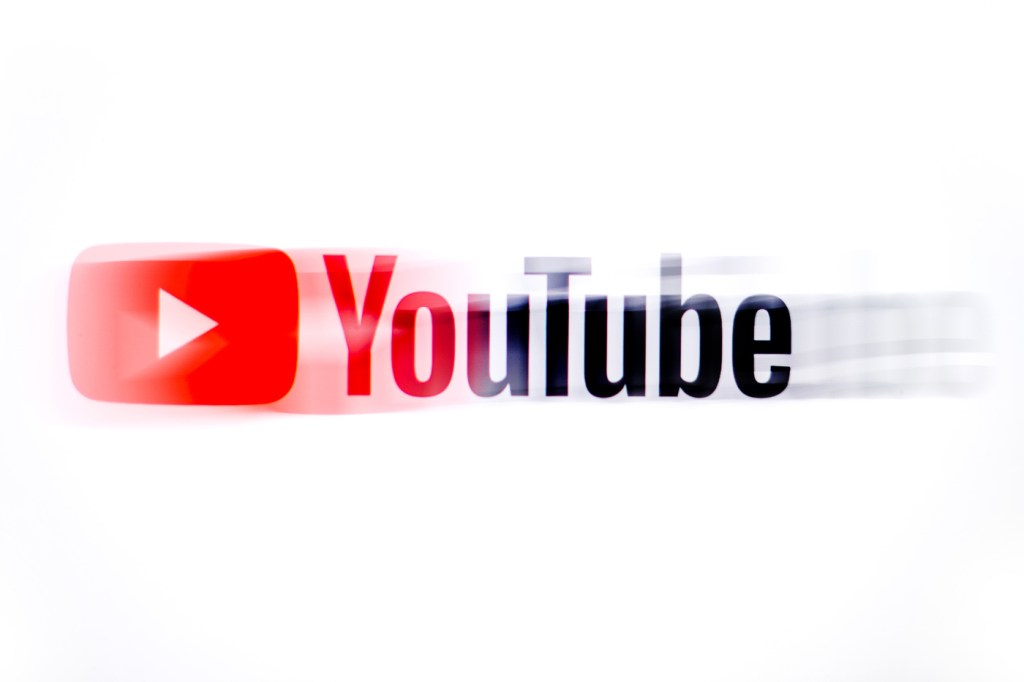Will YouTube’s attempt to strike AI music deals with record labels change the music industry?
Lawsuits and YouTube’s offers to record labels see an industry fully entering the murky legal territory around AI generated music.

YouTube is starting to make the music industry’s biggest record labels an offer it hopes they can’t refuse: The right to train its artificial intelligence on their artists’ music, in exchange for “lump sums of cash,” according to the Financial Times.
The Google-owned site has initiated conversations with major players like Sony Music Entertainment, Universal Music Group and Warner Records. At the same time, those same record labels have filed a pair of lawsuits targeting AI song generators Suno and Udio for copyright infringement and the exploitation of artists’ work without their say-so.
It might seem contradictory at first glance, but Alexandra Roberts, a professor of law and media at Northeastern University, says it shows that “a hard, flat ‘no’ to AI is not an option for the music industry.”
The issue, at least for record companies, seems to come down not to the technology and its ethical implications for the reproduction of an artist’s voice but who controls it, Roberts says.
Roberts points out that even within the music industry there are divisions about how, or even whether, AI should be used. While major record labels start to explore the murky legal territory around how AI is used all while claiming to do so to protect their artists, many artists have voiced outright opposition to its use in the industry. That will likely play a role in how record labels choose to engage with companies like YouTube, Roberts predicts.
“Labels and other folks in the industry don’t want to alienate [artists] and don’t want to get sued by them,” Roberts says.
Whether it’s with lawsuits or handshakes, all the parties involved, from record labels and artists to the companies behind the technology, are trying to negotiate this murky legal territory. As more people start to tinker with the technology, it’s starting to raise some pressing legal questions about how AI-generated works are covered under or clash with existing laws around copyright, fair use and right of publicity.
Featured Posts
“There are all these really nuanced questions that are going to be a little bit new when they come before a court,” Roberts says.
Legally, it’s still an open question as to whether training AI on an artist’s work is itself copyright infringement, Roberts says. It depends on what aspect of the music an artist or the record label owns the copyright for. The sound recording, underlying musical work and composition can all be subject to copyright, depending on the artist or specific work in question.
Even if an AI-generated song is covered under copyright law, it could violate another area of intellectual property law. It could, Roberts says, violate an artist’s right of publicity, a legal protection against the unauthorized use of a person’s name, likeness or other personal indicator, for commercial use. A piece of legislation passed in Tennessee, home to Nashville and country music royalty, even expanded the definition to include a person’s voice.
Roberts says it wouldn’t be surprising to see other states follow suit.
“We’ve seen states that already had rights of publicity statutes or common law protection increase them,” Roberts says. “That seems to be the direction that they’re moving, and federally too there is increased discussion about a federal right of publicity statute and/or something that looks a little bit more like what we saw in Tennessee.”
The answers to these legal questions around AI are still being determined and will be decided in cases like those that were filed against Suno and Udio. But one thing is clear, Roberts says: AI will continue to play a role in the music industry with or without legal precedent. The technology is already being used in more experimental ways than an AI-generated Drake song.
“People are intrigued by the technology, and they want to play,” Roberts says. “They do not want the folks who have come up with the technology to make all the decisions.”










